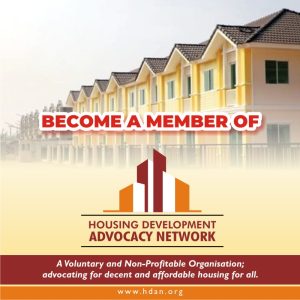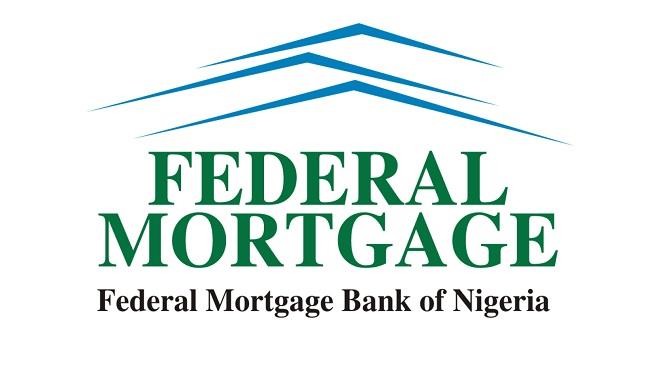The Federal Mortgage Bank of Nigeria (FMBN) is taking significant strides to transform the nation’s housing sector by establishing a digital National Mortgage Assets Registry.
This initiative follows a directive from the National Council on Land aimed at collating mortgage asset records nationwide, ensuring transparency and efficiency in housing finance.
FMBN’s Managing Director, Shehu Osidi, revealed this during a meeting with Mr. Mark Weinrich, Secretary General of the International Union for Housing Finance (IUHF), Germany, in Abuja. Osidi described this move as a major step in expanding affordable homeownership opportunities and addressing Nigeria’s persistent housing deficit. He also emphasized the importance of the registry in improving mortgage accessibility and aligning Nigeria’s housing system with global standards.
As part of the bank’s broader strategy, Osidi highlighted several new products designed to integrate the informal sector into the National Housing Fund (NHF). These include home improvement loans, rent assistance, non-interest rent-to-own schemes, and NHF Diaspora Mortgage Loans. By targeting the informal sector, which comprises a large portion of Nigeria’s workforce, FMBN aims to create sustainable pathways to affordable housing for Nigerians.

Weinrich’s visit was seen as a critical moment in advancing international collaboration and innovation in Nigeria’s housing finance sector. Osidi noted that such partnerships would play a key role in securing foreign direct investments (FDIs) to fund the sector. “When our housing finance system aligns with international standards, it opens doors to greater global collaboration and mobilization of resources that are vital for the sector’s growth,” he said.
The Managing Director also commended the IUHF for its commitment to fostering global cooperation and called for an expansion in the exchange of best practices among member institutions. He stressed that Nigeria’s housing sector needs long-term financing solutions to provide accessible mortgage options for low- and middle-income earners, who are the backbone of the economy.
Weinrich, speaking during the engagement, emphasized a vision for Nigeria’s future housing sector, which he believes rests on two foundational institutions. The first is a Development Bank for Construction Finance, which would provide developers with equity and long-term loans to fund housing projects. The second is a Housing Savings Bank, designed to collect savings from Nigerians and provide low-cost loans for housing.
The meeting highlighted the importance of leveraging global expertise while addressing local challenges. Osidi reaffirmed FMBN’s commitment to innovative strategies that will not only drive affordable homeownership but also position Nigeria’s housing sector as a model of sustainability and inclusivity.



